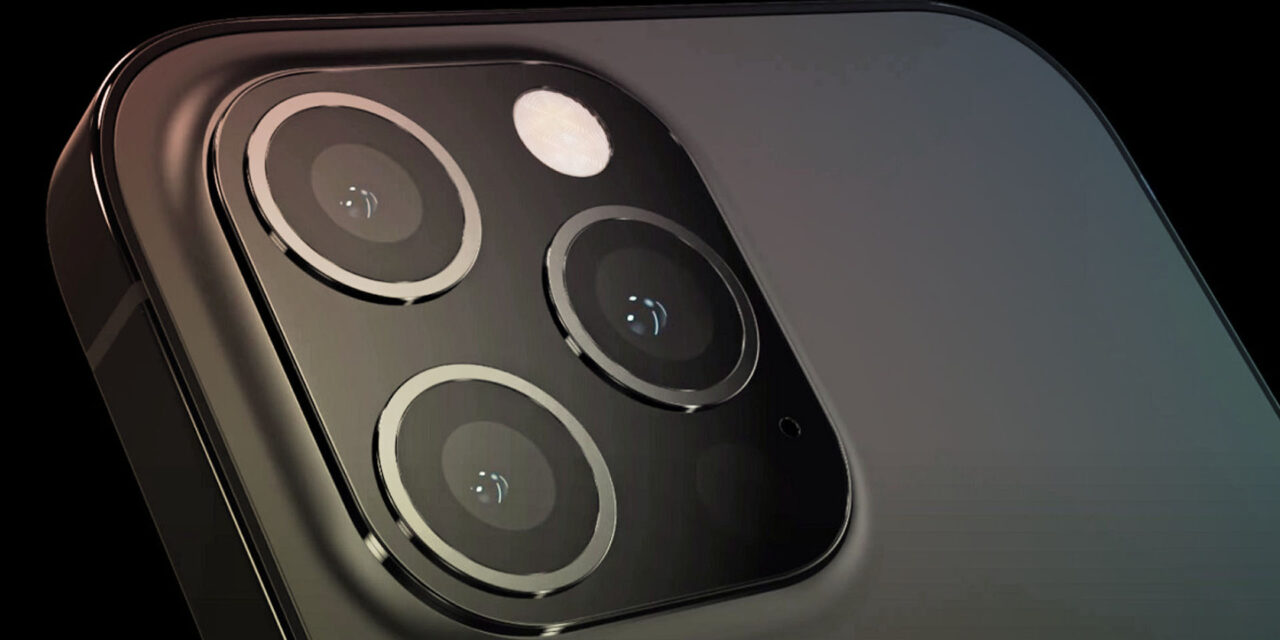Don’t expect the new iPad mini to be a big upgrade

Photo: Buster Hein/Cult of Mac
iPad mini fans may be disappointed with this year’s long-awaited refresh.
A new report confirms recent claims that Apple’s smallest tablet will get a much-needed upgrade this year, but warns that a new design almost certainly isn’t on the cards.
The iPad mini hasn’t seen a refresh since September 2015. That means Apple is still charging $399 for a device, powered by an aging A8 processor, that will be four years old this fall.
It’s about time the iPad mini was either upgraded or canned, then. The good news for fans of the more compact device is that a refresh looks all but certain now — but the upgraded model probably won’t be anything special.
iPad mini 5 will look identical to iPad mini 4
Japanese blog Macotakara, which today reported that the 2019 iPhone lineup won’t get a USB-C upgrade, also has some interesting claims about the fifth-generation iPad mini.
After speaking to unnamed case manufacturers, the site confirms that the iPad mini 5 will look almost identical to the iPad mini 4. It’s expected to retain Touch ID, the Lightning connector, and a 3.5mm headphone jack.
It will also have the same chunky bezels around its 7.9-inch display, which means its dimensions won’t change. Apart from a relocated rear microphone — which will move to the center of the top edge — you probably won’t know it’s a brand new model.
iPad mini 5 will be a low-cost tablet
If this information is accurate, it means all your existing iPad mini accessories will likely work with the new model just fine. It also corroborates claims that Apple plans to make the iPad mini a low-cost device aimed at shoppers on a budget.
However, fans can look forward to some welcome internal improvements.
Sources for Macotakara say the new iPad mini will be powered by a significantly faster A10 processor, though it’s currently unclear whether it will be the regular A10, or the more powerful A10X Fusion chip that powered the 2017 iPad Pro.






Recent Comments